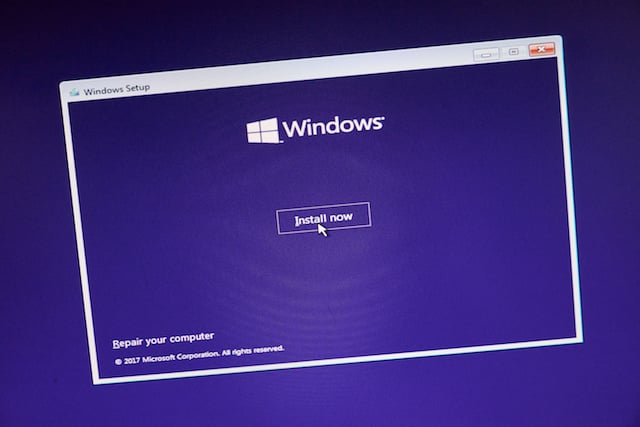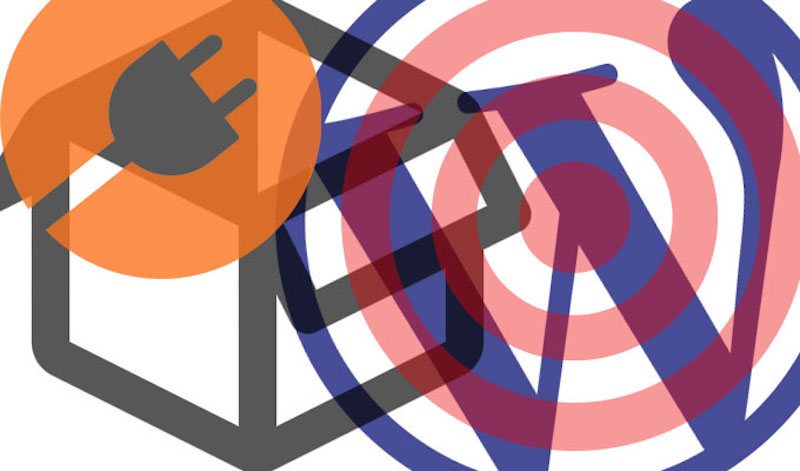Security News

Britain's Information Commissioner's Office has confirmed it is investigating grumbles about heavy-handed marketing emails and texts promoting the NHS COVID-19 contact-tracing app in England. Between 26 and 27 September, NHS Test and Trace messaged anyone resident in the country who was over the age of 16 and had previously provided their contact details to a GP. Those contacted had not specifically opted in to receive marketing communications regarding the NHS COVID-19 app.

Australia's Department of Foreign Affairs and Trade has just exposed personal details of over 1,000 citizens in an email. Australia has all-but-closed its borders during the COVID-19 pandemic, rationing the number of citizens who can fly into the country each day.

An ongoing phishing attack puts pressure on enterprise employees to upgrade their Windows 7 systems - but in reality, they are redirected to a fake Outlook login page that steals their credentials. Windows 7 reached end-of-life on Jan. 14, with Microsoft urging enterprises to upgrade to its Windows 10 operating system.

According to the data, in H1 2020, 43 percent of the malicious mails on the radars of Group-IB Threat Detection System had attachments with spyware or links leading to their downloading. Ransomware, which in the second half of 2019 hid in every second malicious email, almost disappeared from the mailboxes in the first six months of this year with a share of less than 1 percent.

While the COVID-19 outbreak has disrupted the lives and operations of many people and organizations, the pandemic failed to interrupt onslaught of malicious emails targeting people's inboxes, according to an attack landscape update published by F-Secure. Increase of malicious emails utilizing COVID-19 issues.

The state of the world in 2020 is unlike anything we have experienced before, and it's trickled down to have an impact on the IT and security world. Download this report to understand the most pervasive threats and how they attack organizations at their email perimeters, from inside the organization, or beyond the organization's perimeters.

Sorry we shut you out, says Tutanota: Encrypted email service weathers latest of ongoing DDoS storms
Encrypted email biz Tutanota has apologised for accidentally shutting its own users out while fending off the latest of a series of distributed denial-of-service attacks. "It is a challenge to protect a privacy-focused service such as Tutanota from DDoS attacks because we need to block high-level application attacks ourselves," co-founder Matthias Pfau told The Register.

More than 100,000 WordPress websites are affected by a high-severity flaw in a plugin that assists websites in sending out emails and newsletters to subscribers. The vulnerability exists in the Email Subscribers & Newsletters plugin by Icegram, which enables users to collect leads, send automated new blog post notification emails.

September sees a bundle of 129 CVE-listed flaws patched by Microsoft. Of the nearly two-dozen critical patches, Zero Day Initiative's Dustin Childs says that far and away the most serious is CVE-2020-16875, a memory object error in Exchange Server that allows a poisoned email to execute code with System clearance.

The goal is to concoct phishing emails and landing pages so convincing that they can fool even the most sharp-eyed user. A new phishing campaign described by phishing awareness provider Cofense in a Friday blog post uses several tactics to appear legitimate.